Tea is a precious gift from nature, offering a diverse array of flavors and experiences. From the fresh taste of green tea to the rich depth of black tea and the long-lasting aroma of oolong tea, each type of tea provides unique enjoyment. Whether enjoyed alone or shared with friends, tea brings a sense of tranquility and pleasure to our lives.
You might have heard the saying that tea never expires. But is this true? Let's uncover the truth about the shelf life of tea and what it means for tea lovers.
Different shelf life for different teas
While some say that tea never expires, this is true only under optimal storage conditions. Over time, the aroma and quality of tea can diminish. Each type of tea has its own shelf life, which can vary significantly. Let's explore the typical shelf life of different teas and how to store them properly.
Teas with Shorter Shelf Lives
| Green Tea |
Shelf Life: About 1 year. Characteristics: Green tea is fresh and vibrant but has a short shelf life. It is best consumed within a year to fully enjoy its flavor and health benefits. |
| Black Tea |
Shelf Life: Up to 2 years. Characteristics: Black tea's robust and sweet flavor allows it to last longer than green tea. However, it is still best enjoyed within two years to maintain its aromatic qualities. |
| Oolong Tea |
Shelf Life: 1 to 2 years. Characteristics: Oolong tea has a unique flavor profile that can last up to two years if stored properly. After opening, it should be sealed tightly to preserve its taste. |
Teas with Longer Shelf Lives
| Puerh Tea |
Shelf Life: Longterm (decades). Characteristics: Puerh tea undergoes a special fermentation process, allowing it to age and improve over time. Properly stored Puerh can develop richer flavors as it ages. |
| White Tea |
Shelf Life: Longterm (up to several years). Characteristics: White tea, such as Fuding White Tea, is known for its aging potential. There is a saying, "One year tea, three years medicine, seven years treasure," indicating its value increases with proper storage. |
Proper Methods for Storing Tea
To ensure your tea remains fresh and maintains its quality, follow these proper storage methods:
Seal and Prevent Moisture
Containers: Store tea in airtight containers to prevent moisture from entering. Iron cans, aluminum foil bags, or sealed jars are excellent choices to keep tea dry.
Desiccants: Consider using desiccants in the storage container for additional moisture control.
Avoid Light and Heat
Location: Keep tea away from direct sunlight and hot environments. Choose a cool and dry place for storage to prevent quality deterioration.
Containers: Opaque containers are ideal to protect tea from light exposure.
Isolate from Strong Odors
Storage Area: Store tea away from items with strong odors, as tea can easily absorb surrounding smells, which can alter its flavor.
Double Wrapping: For added protection, double wrap tea in odor proof materials.
Temperature Control
Moderate Temperatures: Avoid extreme temperatures. Storing tea at room temperature is usually sufficient.
Refrigeration: For long term storage, particularly of delicate teas like green tea, refrigeration in an airtight container can be beneficial. Ensure the tea is well sealed to prevent moisture and odor absorption.
How to tell if tea is still drinkable
Determining whether tea is still good to drink is quite simple. Follow these steps to check the condition of your tea:
Visual Inspection
Check for Mold: Look for any signs of mold or mildew on the tea leaves. Moldy tea is not safe to consume and should be discarded.
Color Changes: Examine the color of the tea leaves. If they have significantly changed color or appear dull, it may indicate that the tea is no longer fresh.
Abnormalities: Look for any other unusual signs such as insect damage or foreign particles.
Smell Test
Original Aroma: Smell the tea leaves to see if they retain their original fragrant aroma.
Off Odors: If the tea smells musty, stale, or has any offputting odor, it is likely that the tea has deteriorated and should not be consumed.
Brewing Test
Color of Tea Liquor: Brew a cup of tea and observe the color of the tea liquor. It should be clear and vibrant, matching the expected color for that type of tea.
Taste: Taste the tea. Fresh tea will have a clean, sweet, and pleasant flavor. If the tea tastes flat, stale, or has an unpleasant aftertaste, it is no longer good.
In conclusion, the safety of consuming expired tea depends mainly on the state of preservation of the tea and the individual's sensitivity to quality. Generally speaking, if the tea leaves are not in an abnormal state and are well preserved, they may not pose an immediate threat to health.
However, for those who are looking for the best quality of tea, the taste and aroma of expired tea leaves may have been greatly reduced. When deciding whether to consume expired tea, one should carefully consider the condition of the tea and one's health condition.
*Notice: The content on this website is not derived from professional medical studies or conclusions. Instead, it is based on the personal experiences and testimonies of tea drinkers accumulated over many years. The information provided is for general knowledge and should not be taken as medical advice. Always consult with a healthcare professional before making any health-related decisions.

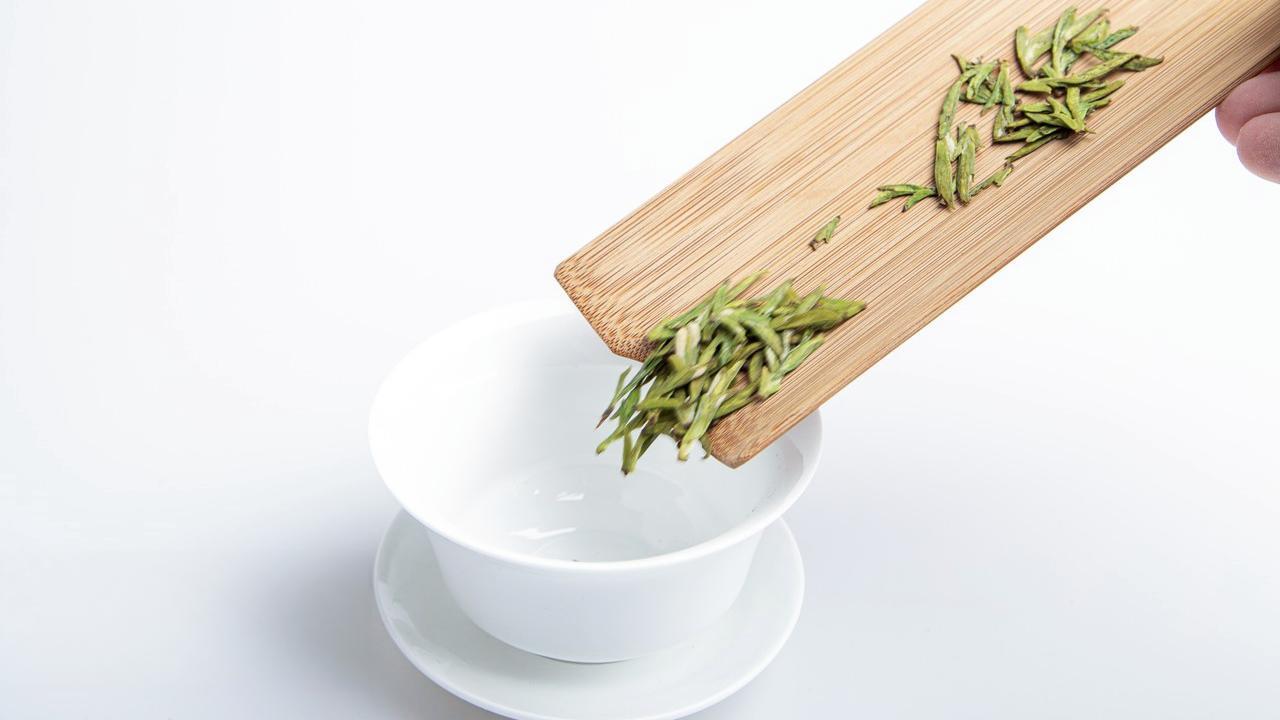
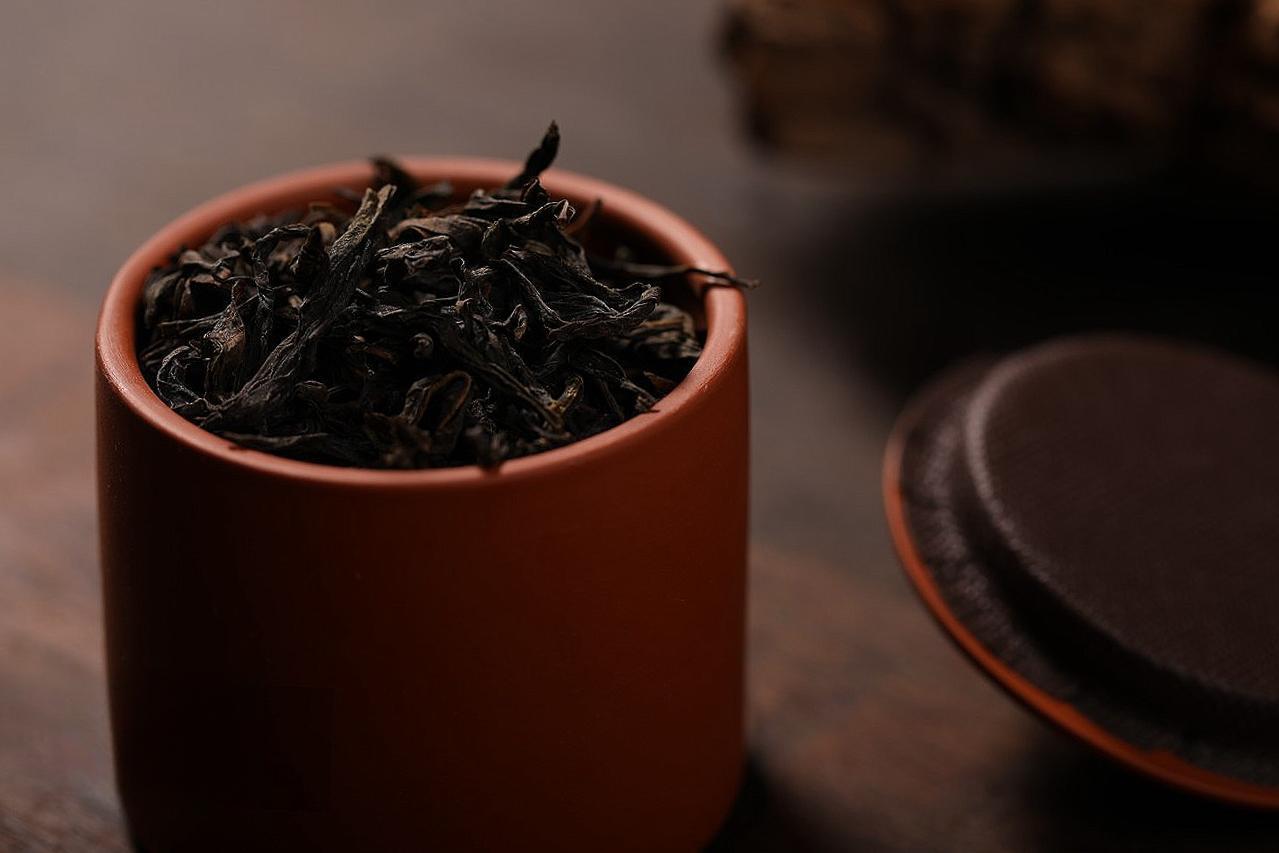
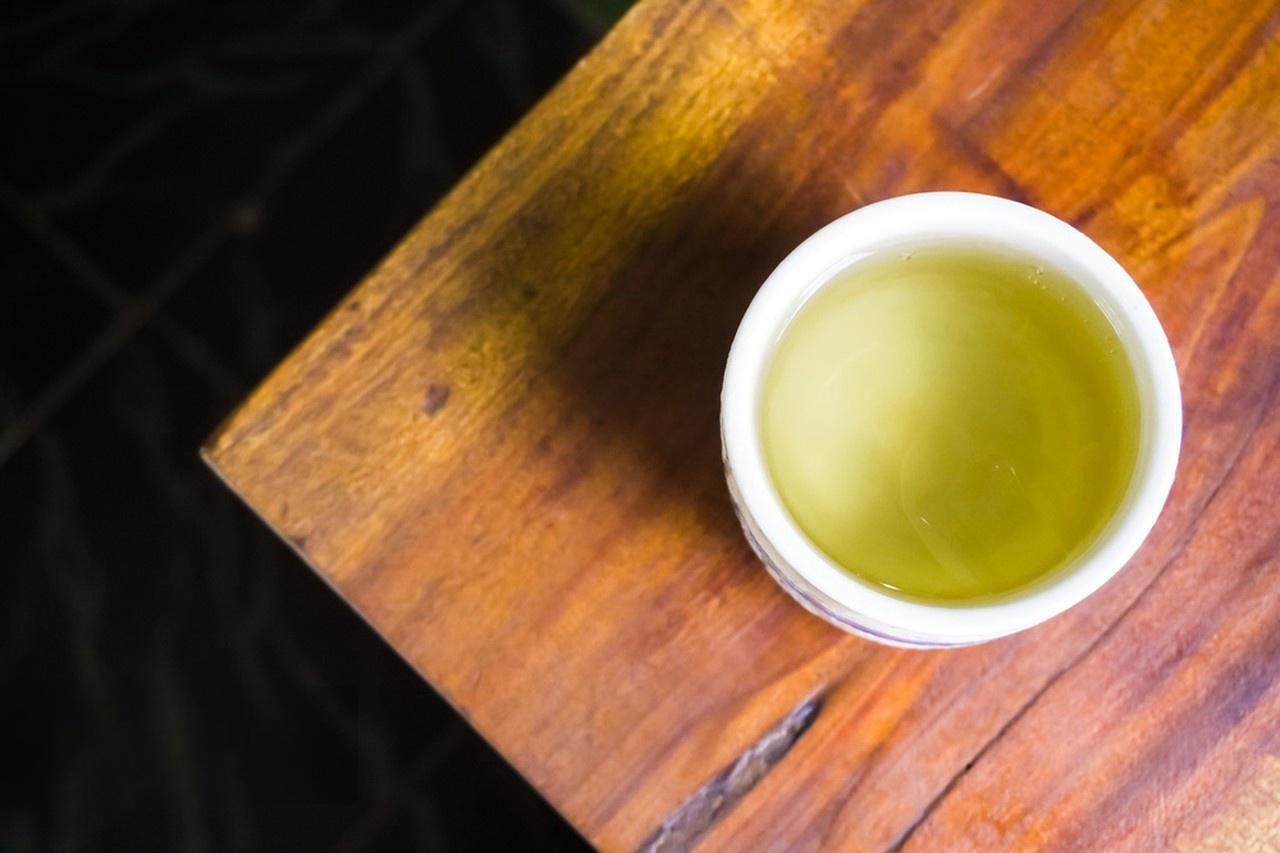
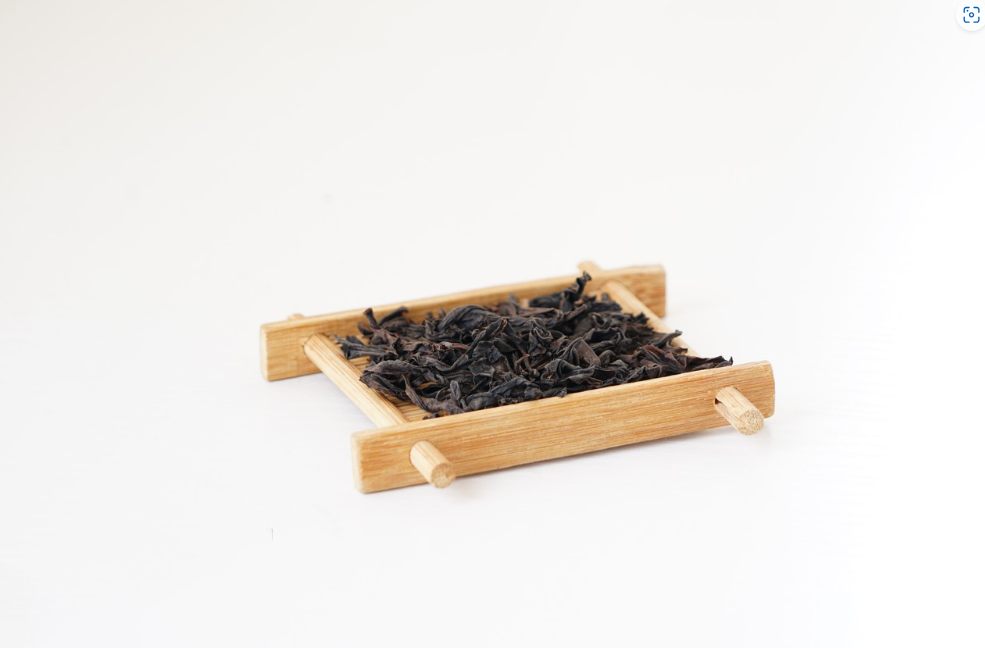
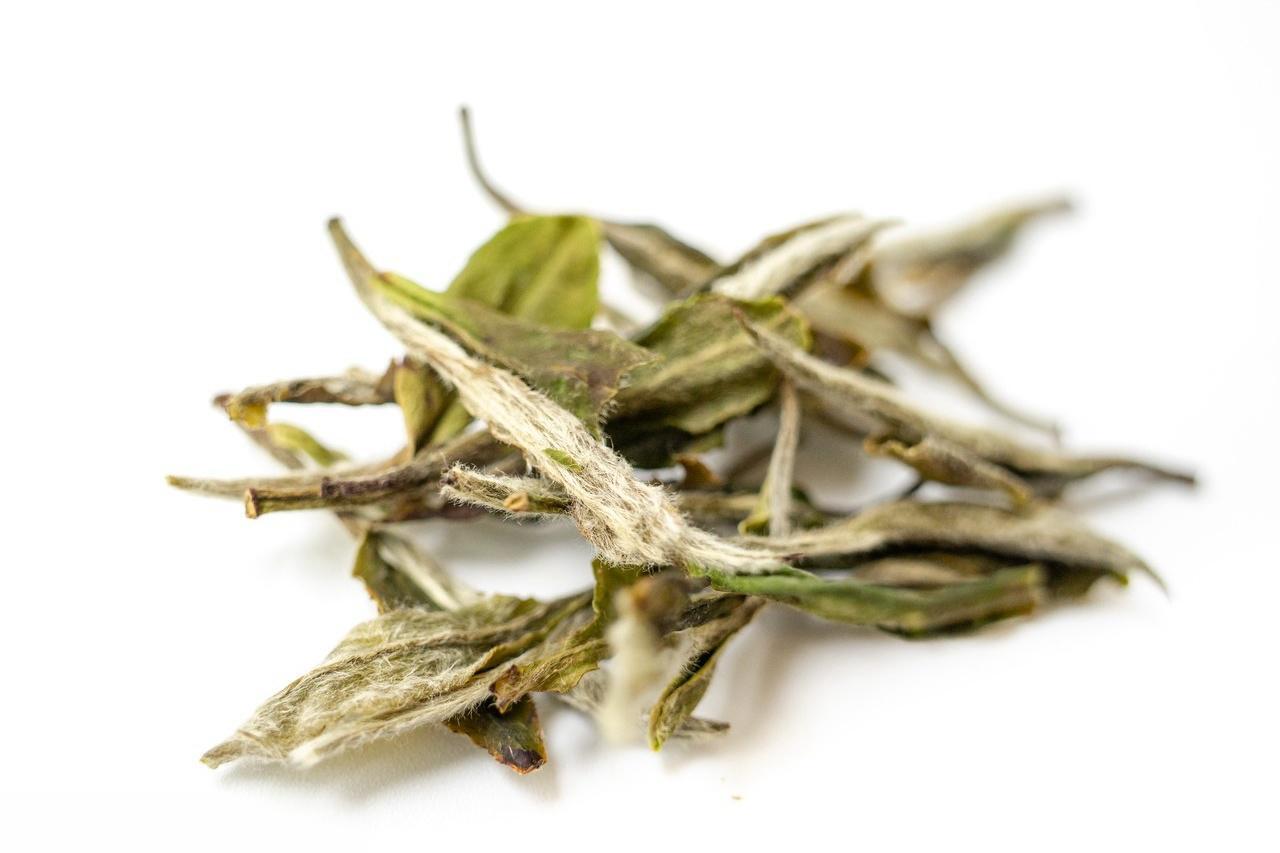
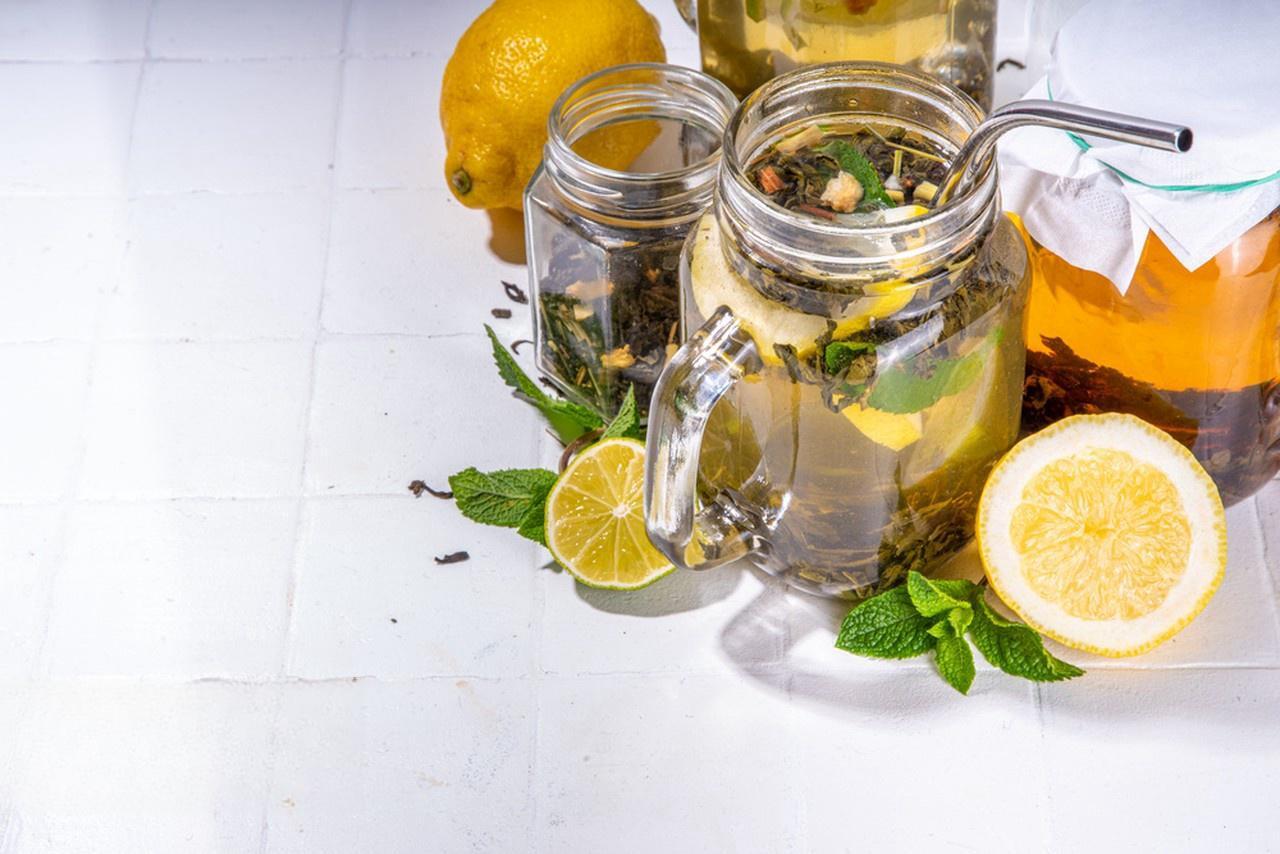
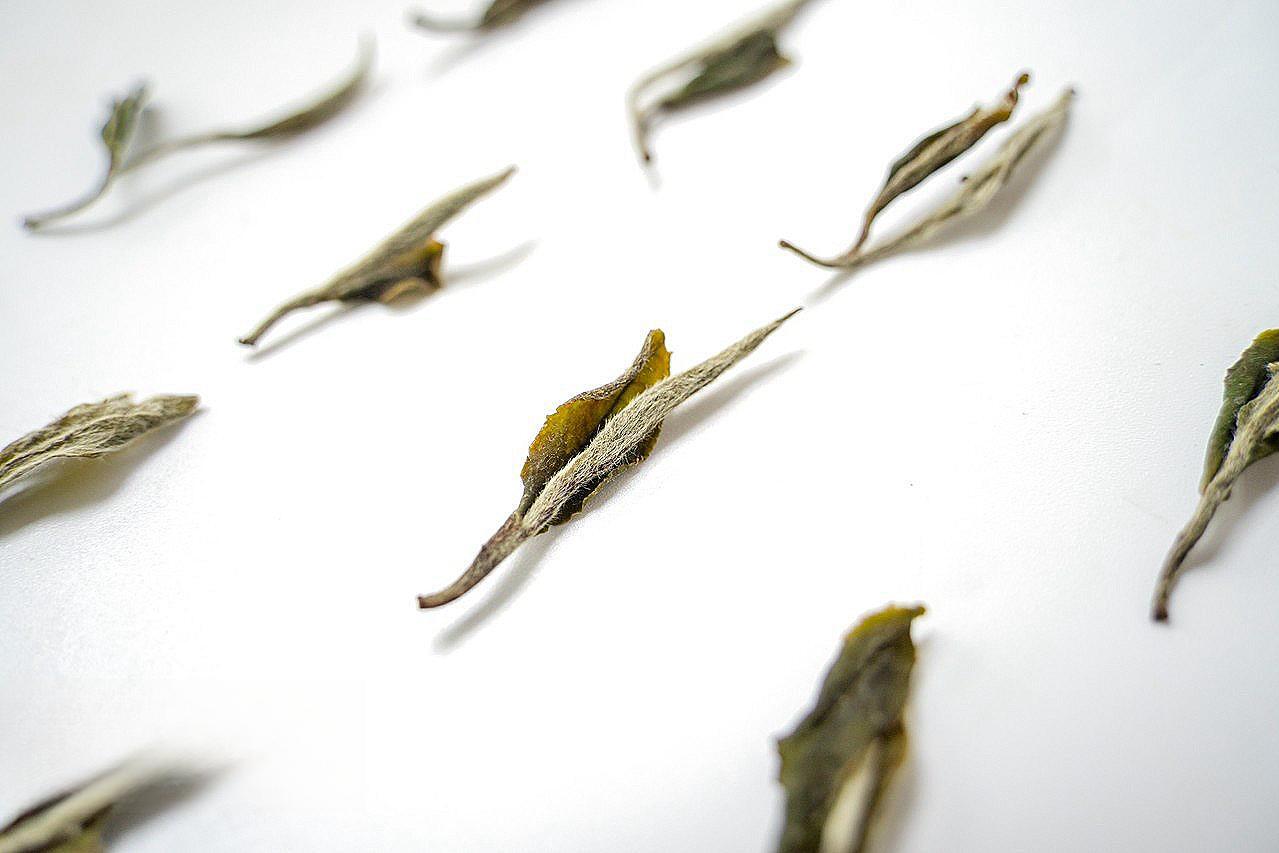
Leave a comment
All comments are moderated before being published.
This site is protected by hCaptcha and the hCaptcha Privacy Policy and Terms of Service apply.